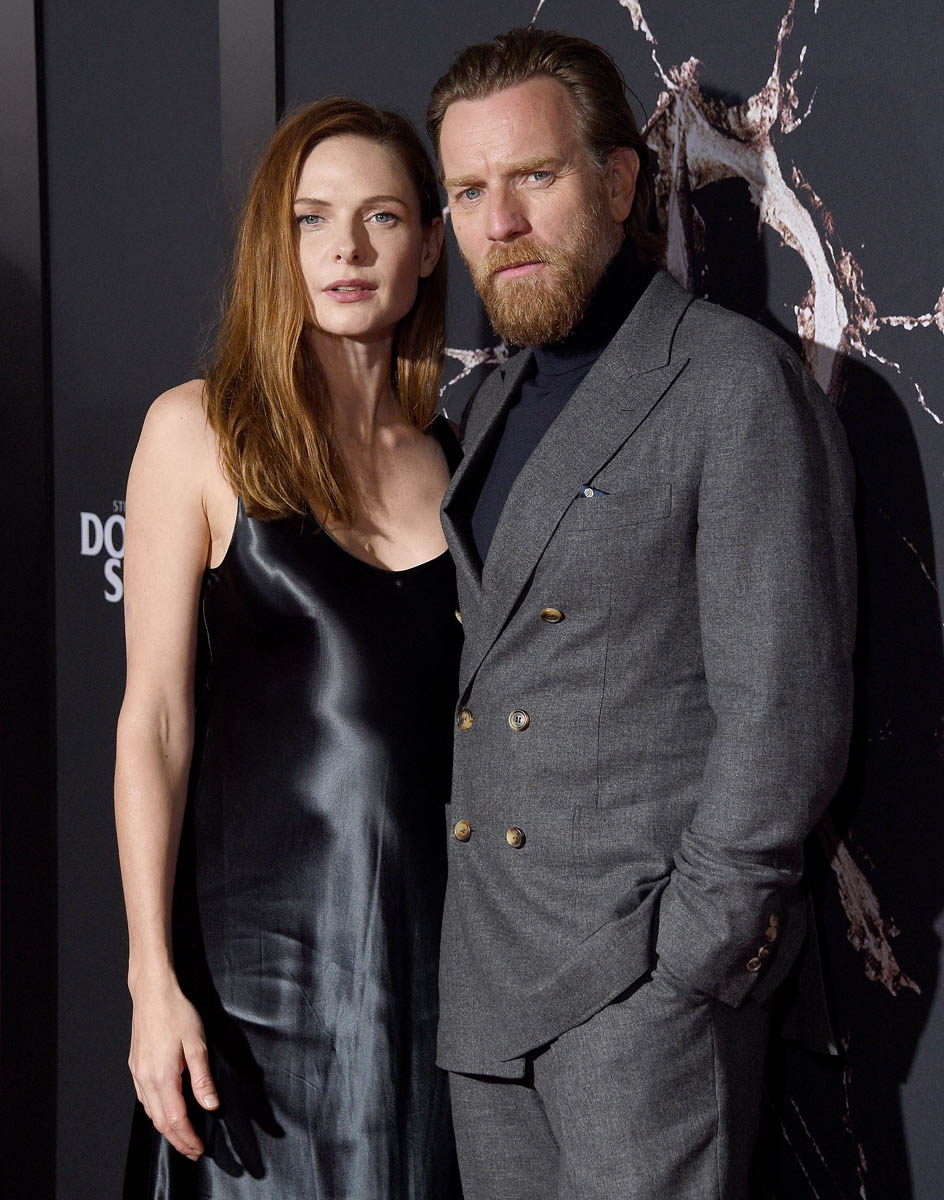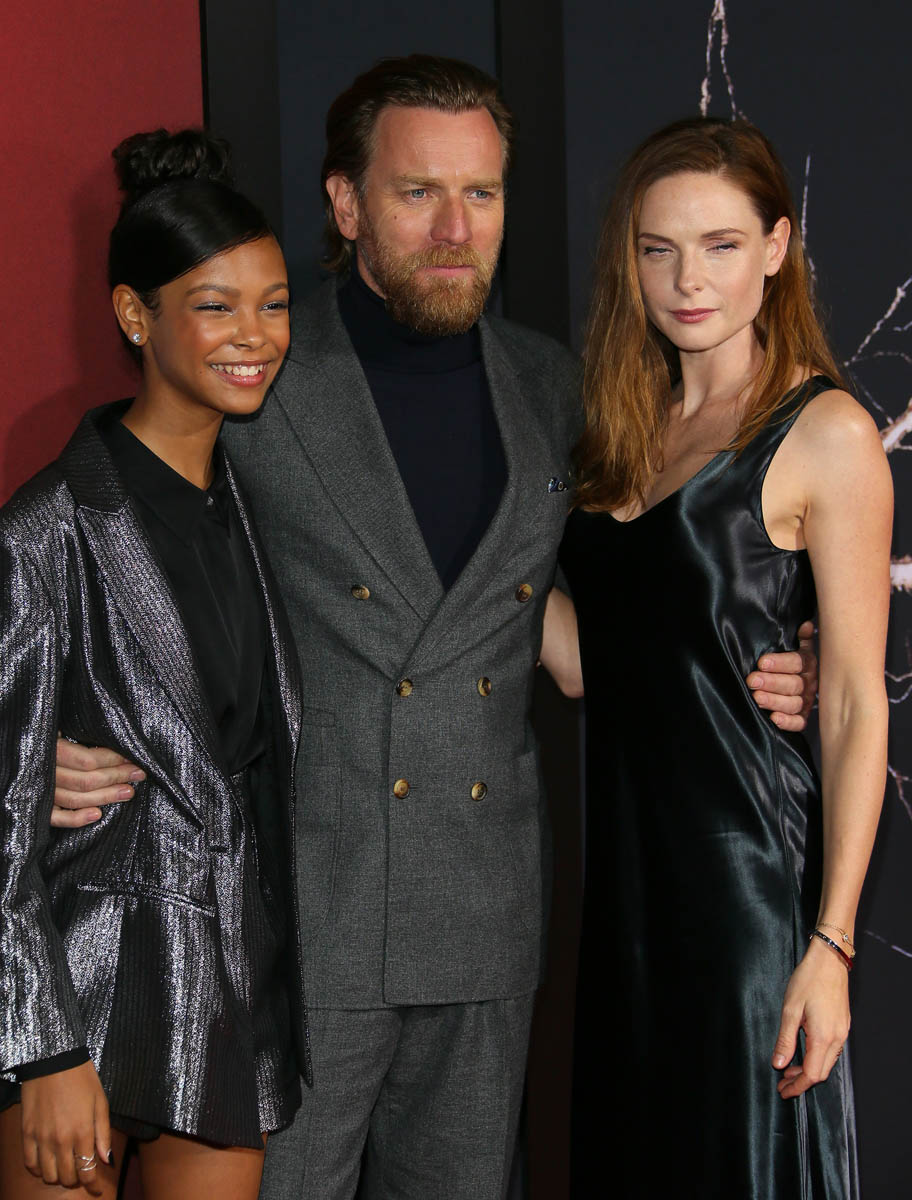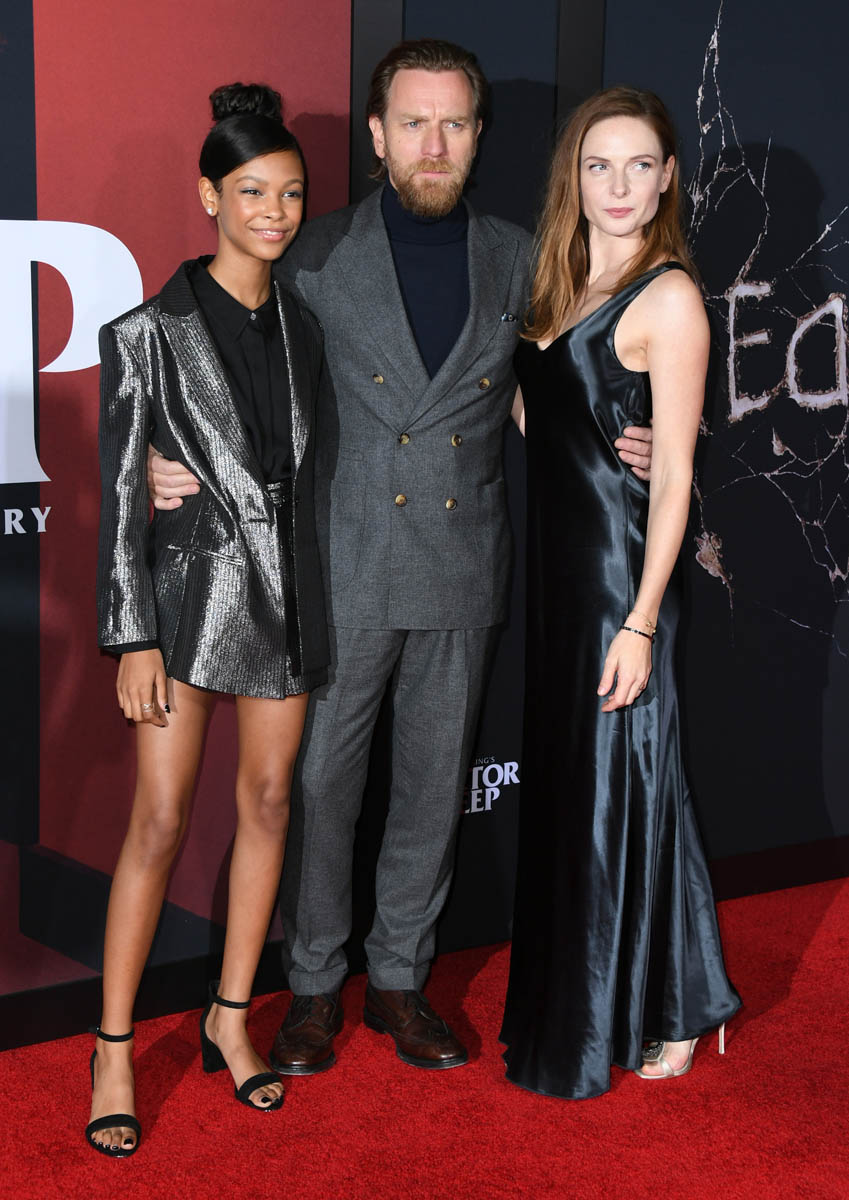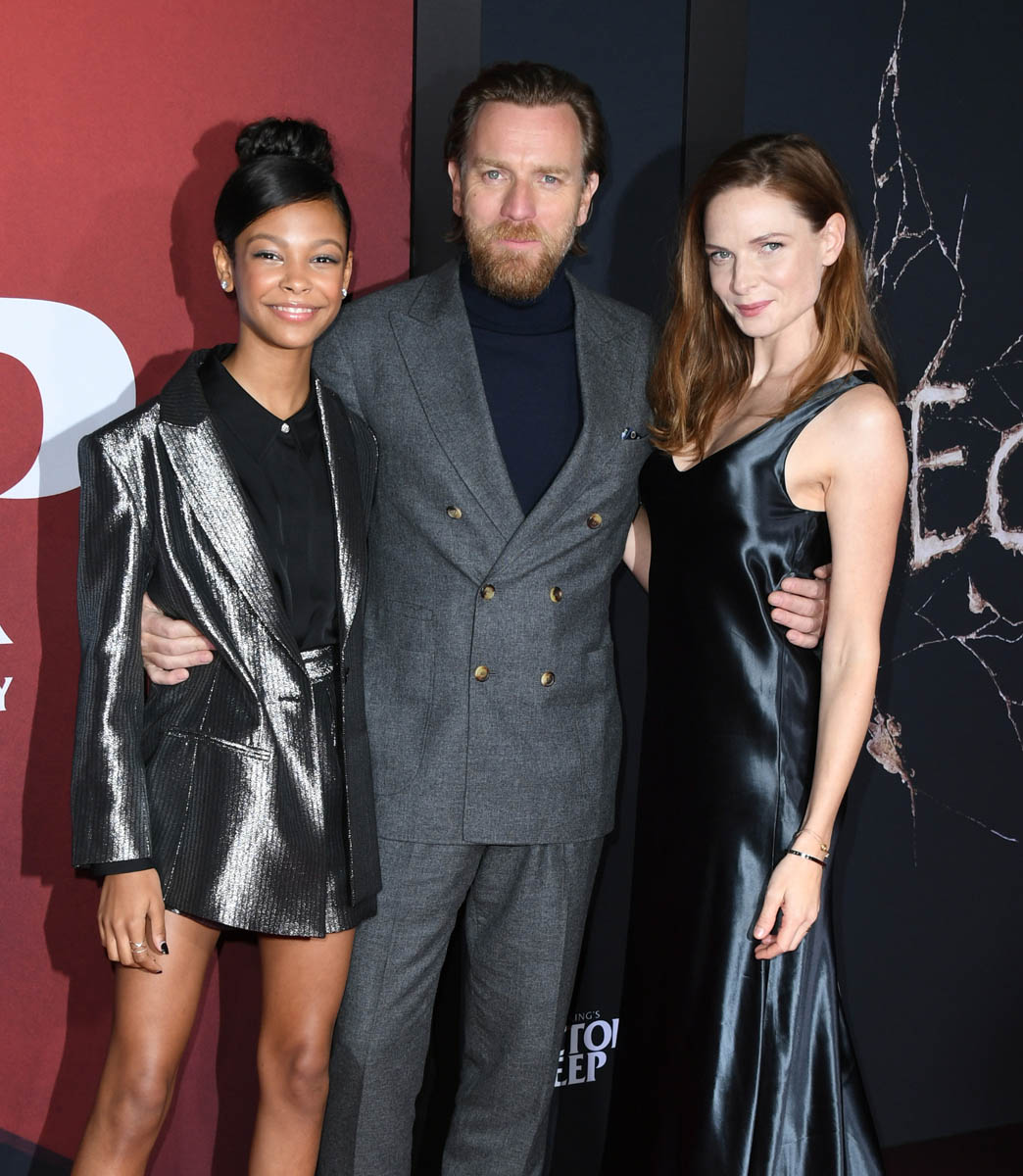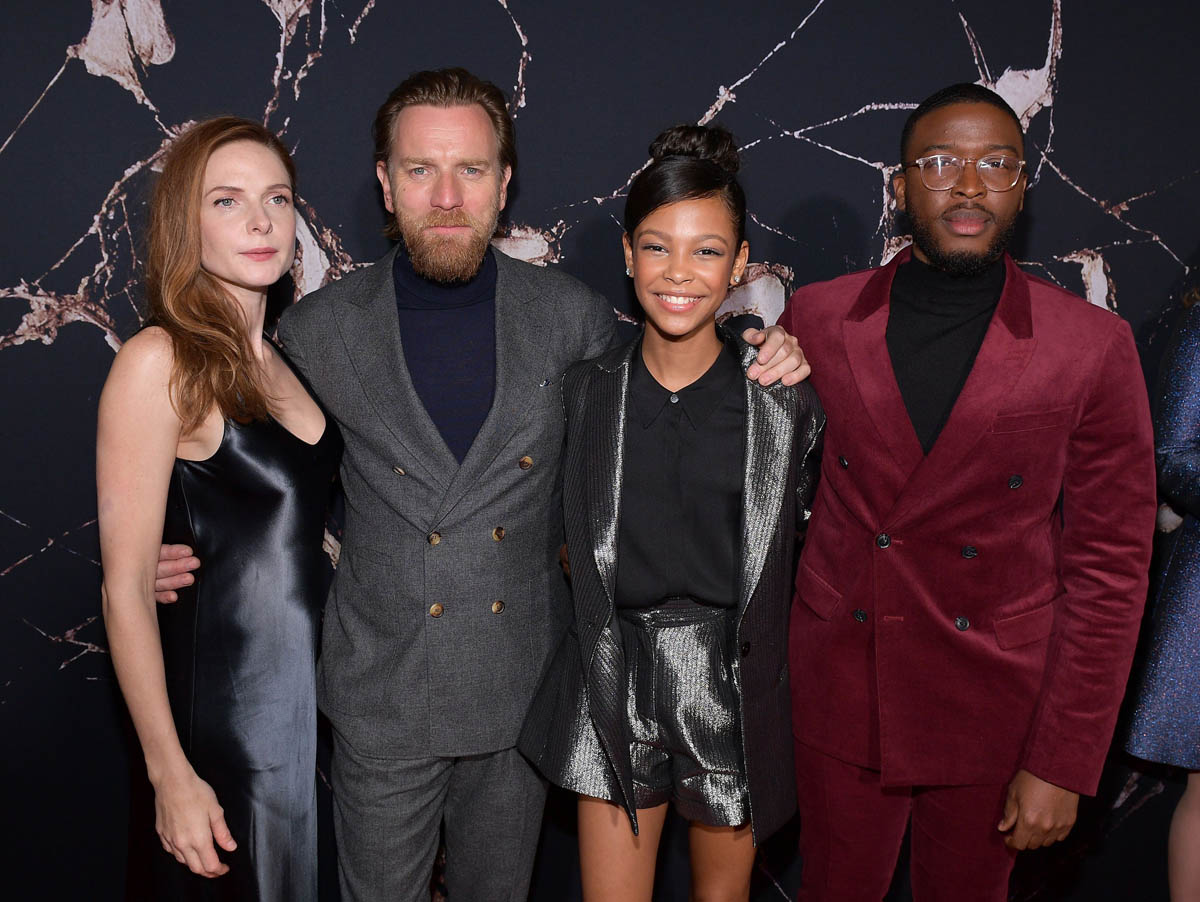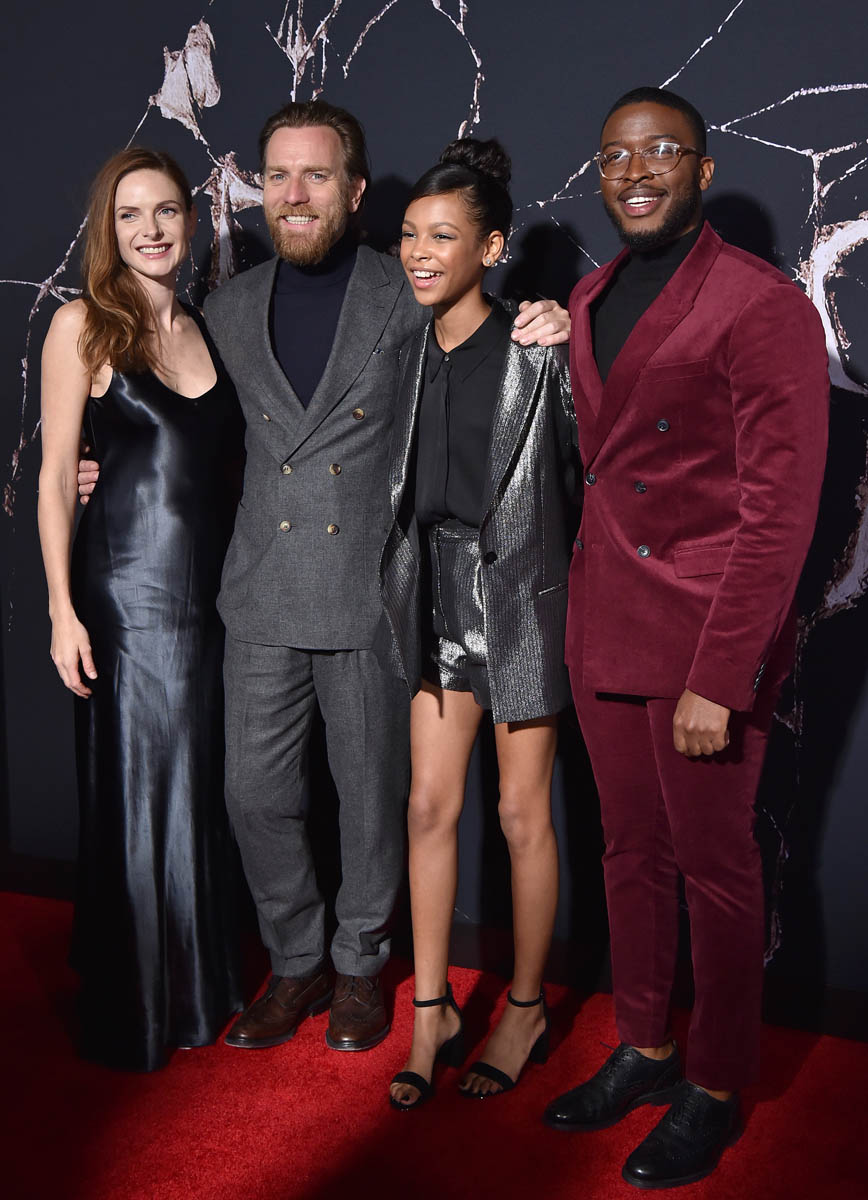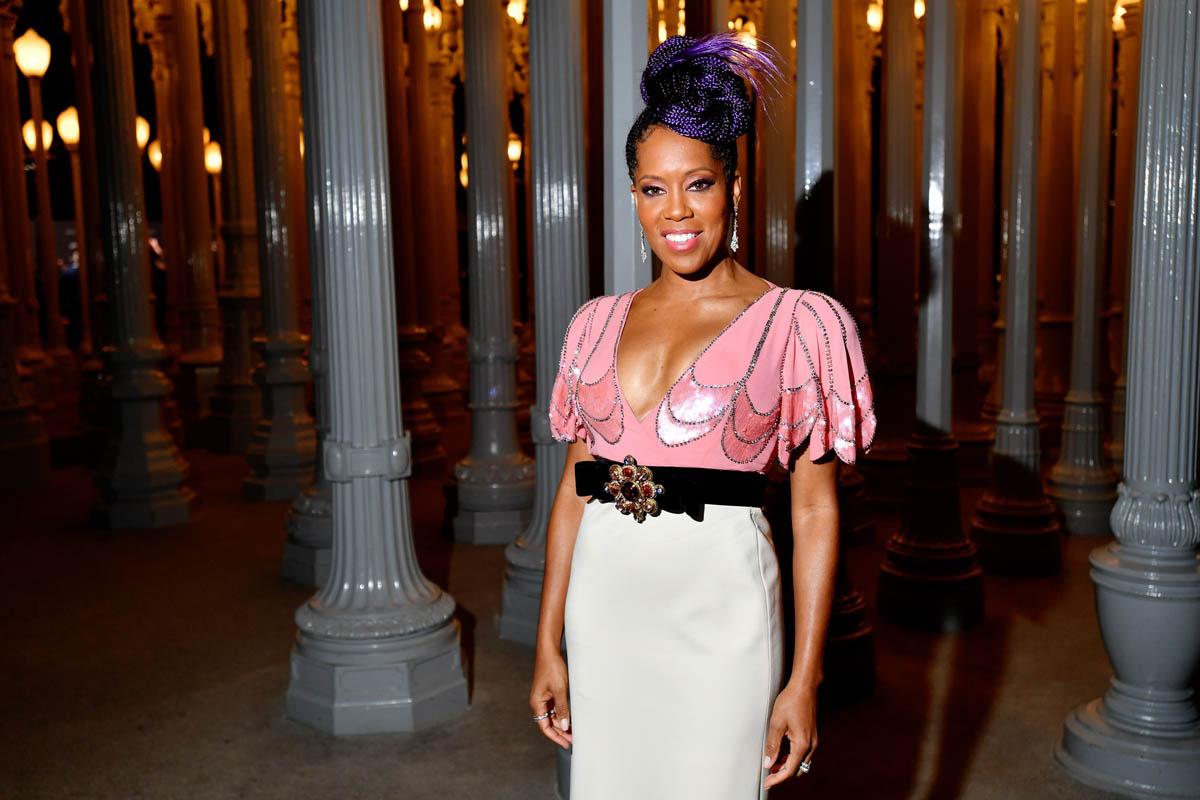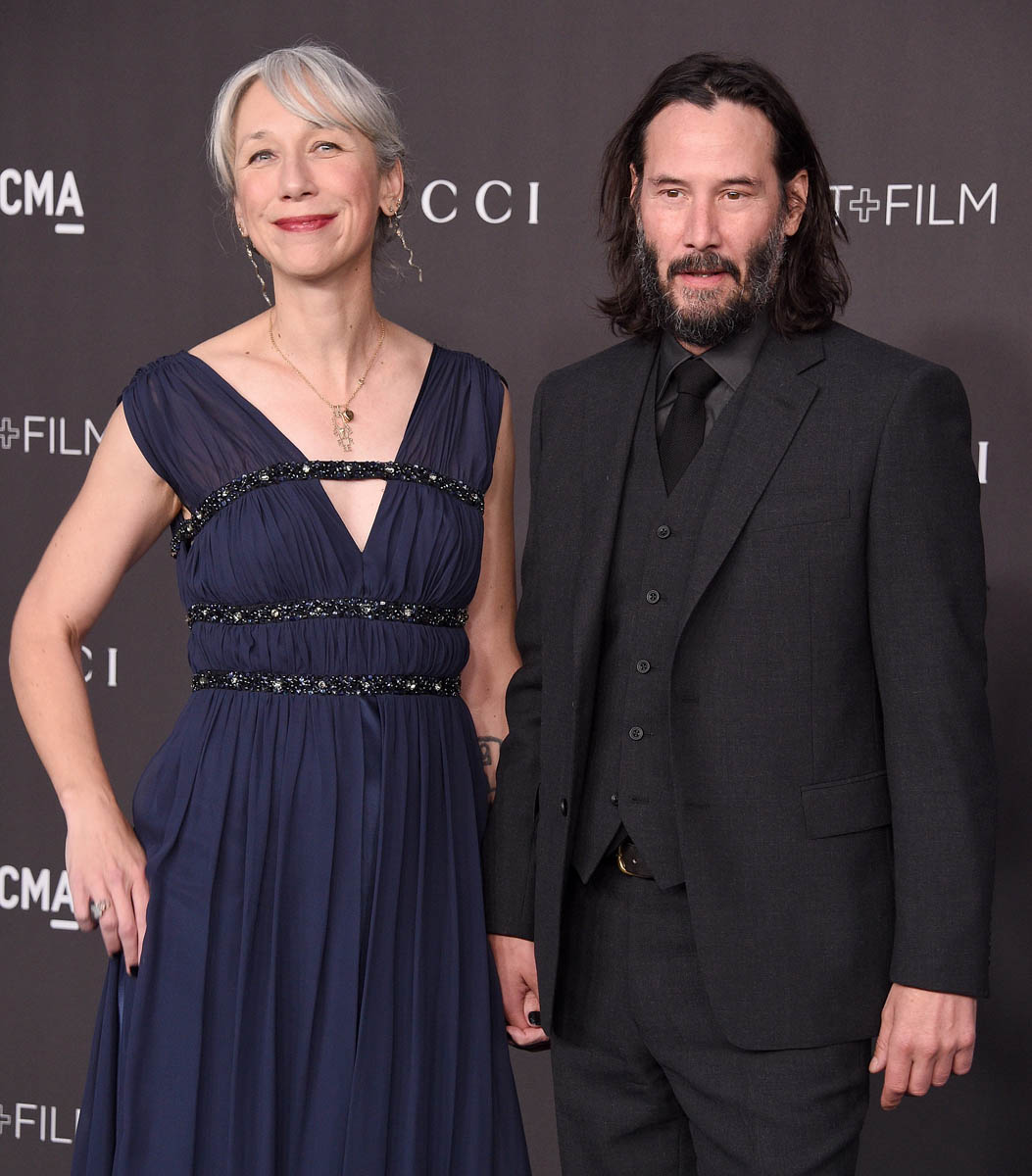Ewan McGregor and Rebecca Ferguson in Doctor Sleep


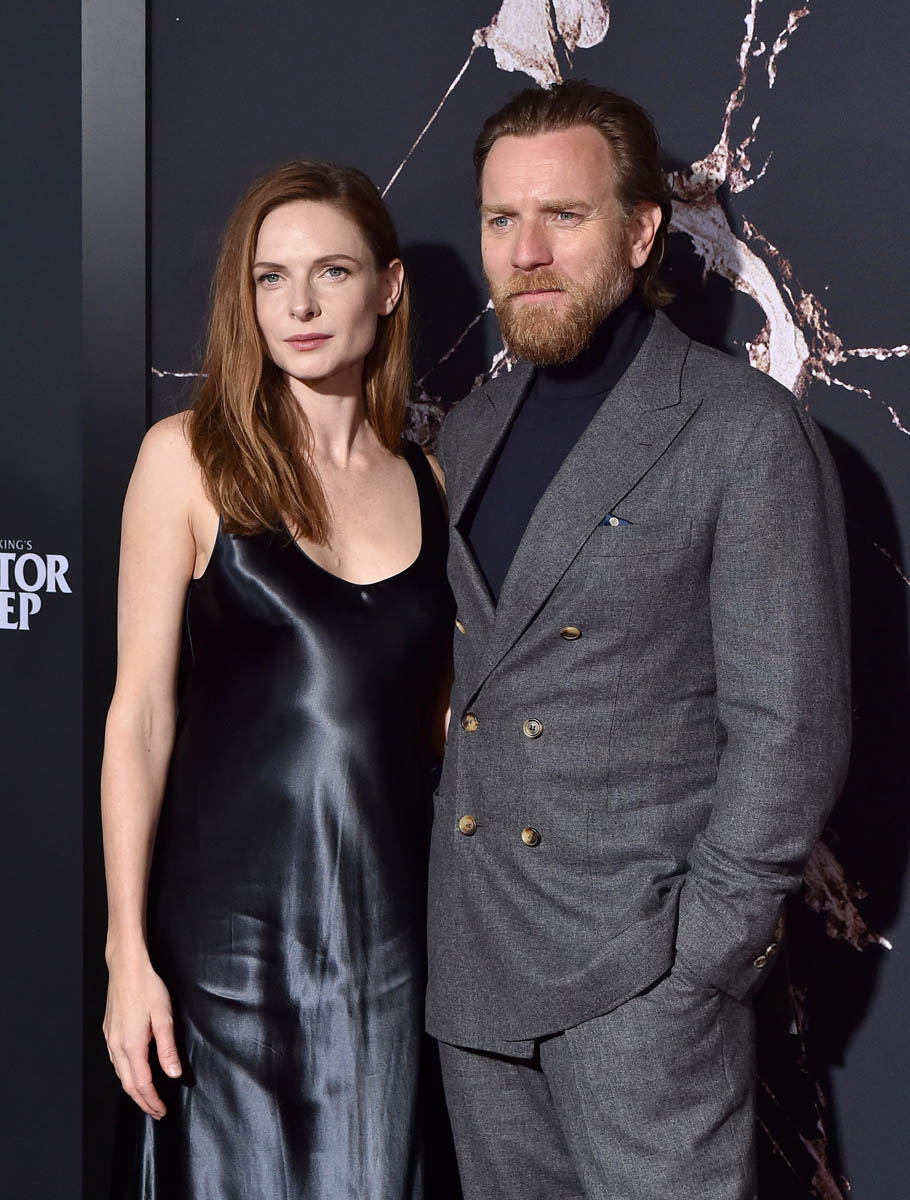
Doctor Sleep has an impossible task. It has to be a sequel to The Shining, the Stephen King story, and it has to be a sequel to The Shining, the Stanley Kubrick film, widely regarded as one of the greatest horror movies ever made. It is totally possible to adapt a King novel, there is an entire cinematic cottage industry around adapting King’s works. But following in the footsteps of Stanley Kubrick? Um, no thanks. Writer/director Mike Flanagan has previously and successfully adapted King with Gerald’s Game, and in Doctor Sleep he does his best to meet Kubrick’s bar, but like…that’s impossible. Mike Flanagan is a fully capable filmmaker (see also: The Haunting of Hill House), it is no mark against him that he isn’t Stanley Kubrick. If anything, Doctor Sleep illustrates how utterly impossible it is to work so closely in Kubrick’s shadow. Almost every issue in Doctor Sleep arises from the Kubrick stuff. When it’s just a King adaptation, it works pretty well. The minute it becomes about Kubrick’s The Shining—which is considerably different from King’s The Shining, so much so that King famously hates Kubrick’s movie—Doctor Sleep falls down on the job.
The movie opens in Florida in 1980, with Wendy and Danny Torrance relocated and recovering after their ordeal at the Overlook Hotel. I appreciate the hell out of Flanagan bypassing de-aging technology and just casting new actors to play the Torrance family. Alex Essoe steps in as Wendy, and Roger Dale Floyd takes over as young Danny. They do a really good job of evoking the performances of Shelley Duvall and Danny Lloyd, which helps you buy into this new era in the Torrance family. (Less successful is Henry Thomas as Jack Torrance, but it’s still so f-cking refreshing not to look at a de-aged face.) We learn in this prologue that Danny is still haunted by the Overlook ghosts, and he must learn to box them up in his mind in order to move on with his life. He is only partially successful at that, though. Jumping ahead decades, we find grownup Danny (Ewan McGregor) is a raging alcoholic who is still deeply traumatized by what he experienced as a child.
In the present day, Danny—now “Dan”—works as an orderly at a hospice, comforting dying patients with his ability to “shine”. He also has a psychic pen pal, someone who writes messages on his chalkboard wall at home. This turns out to be Abra Stone (Kyliegh Curran), a teenager with a “shine” of her own. Abra is powerful, and attracts the attention of Rose the Hat (Rebecca Ferguson), a sort of energy vampire who survives by huffing the “steam” of special children like Abra. Here’s the thing about Doctor Sleep—or any King adaptation, really—there is a bunch of stupid sh-t in it. People talk about “shine” and “steam” way too much, and the energy vampires huffing “steam” is almost always dumb. There is one good huffing scene, but the rest of the time it is some silly sh-t.
What does work, though, are the performances. McGregor and Curran are really good; Rebecca Ferguson is GREAT. It’s almost a shame when Doctor Sleep shifts into Kubrick mode, because the part of the movie that is Rose, Abra, and Dan playing literal mind games with each other is pretty fantastic. But the third act does switch over to Kubrick’s The Shining, and there are multiple shot-for-shot recreations of the Overlook. It’s a rock and a hard place—Kubrick invented such a specific visual language any film following in its footsteps is immediately beholden, but then we’ve seen The Shining homaged and referenced so much there is nothing new or special about seeing its most famous scenes redone. Doctor Sleep loses some traction at the end, but McGregor, Curran, and especially Ferguson keep it going even as the Kubrickian elements almost overpower them. Doctor Sleep might be too Kubrick for King enthusiasts, and too King for Kubrick enthusiasts, but we can all agree that Rebecca Ferguson is terrific.

